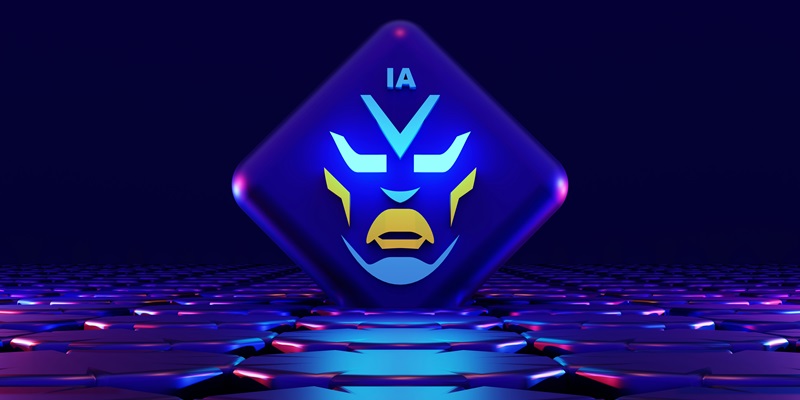In a world where remote work has become a norm following the COVID-19 pandemic, technological advances are revolutionizing how job interviews are conducted. With remote interviews becoming increasingly common, both employers and candidates have begun utilizing AI tools to their advantage. Candidates often use AI for crafting resumes and cover letters, while employers employ these tools for screening potential hires. However, a recent trend has emerged where candidates leverage generative AI in real-time during virtual interviews to fabricate responses. This raises a pressing question: can interviewers reliably detect when candidates are using AI-generated responses, and what are the implications for the future of job interviews?
The Challenges of Detecting AI
An experimental study conducted by PDRI delved into the feasibility of detecting AI-assisted responses during interviews. The study highlighted several key findings. Interviewers often found AI-generated answers to be recognizable due to the repetition of generic buzzwords and a notable lack of specificity, particularly when handling behavioral questions. These questions typically necessitate personalized and detailed experiences, which are challenging for AI to convincingly simulate. On the other hand, AI performed somewhat better with technical questions, likely due to their straightforward and fact-based nature.
Despite this, one of the significant downsides of using AI in interviews lies in its inability to consistently produce in-depth and specific answers to probing follow-up questions. When interviewers dig deeper, AI responses often falter in providing the necessary depth and subtlety that human candidates might offer. These shortcomings are currently discernible, but the possibility of advancements in AI technology means that distinguishing AI-generated answers from human-generated ones could become increasingly difficult in the future. This emerging challenge poses a significant concern for employers who aim to hire genuinely qualified candidates.
Future Implications for Employment Processes
As AI technology evolves, so too will its role in the employment process. The potential for AI to generate convincing and nuanced interview responses means that hiring practices must adapt to outpace these advancements. One recommended approach is to utilize standardized rating criteria. By employing a consistent set of metrics to evaluate candidates, interviewers can better identify discrepancies that might indicate AI involvement. Another crucial step is comprehensive interviewer training. By educating interviewers on recognizing the subtleties that distinguish human-generated answers from AI-generated ones, employers can better ensure fair assessments.
Furthermore, AI’s improving capabilities suggest a future where the demarcation between human and machine responses blurs. In this scenario, it becomes essential to develop robust techniques to maintain the integrity of the interview process. These might include leveraging technology to detect AI usage in real-time or designing interview questions that are increasingly resistant to AI fabrication. Ultimately, adapting to this evolving landscape will require a concerted effort from both technology developers and HR professionals. The goal remains to ensure that genuine qualifications and skills are appropriately assessed, preserving the integrity and fairness of the hiring process.
Navigating the Future
In a post-COVID-19 world, remote work has become standard, leading to significant changes in how job interviews are conducted, thanks to technological advances. With remote interviews becoming more prevalent, both employers and job seekers are increasingly using AI tools. Candidates often rely on AI to craft polished resumes and compelling cover letters, while companies use these technologies for the initial screening of potential hires. However, a new trend has emerged: candidates are now utilizing generative AI in real-time during virtual interviews to create responses on the fly. This development raises crucial questions: can interviewers accurately identify when AI-generated responses are being used, and what are the ramifications for the future of job interviews? As the practice of using AI during interviews grows, it will become essential for companies to develop strategies to maintain the integrity of the hiring process. The future of job interviews may depend on balancing technological benefits with the need for authentic human interaction.

